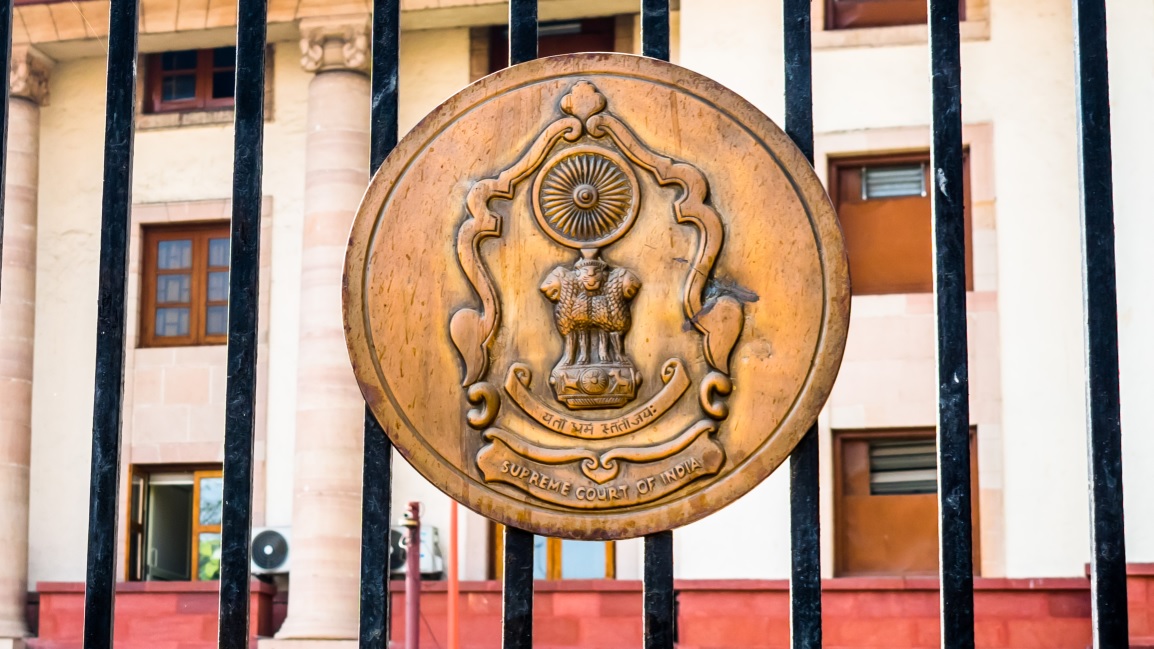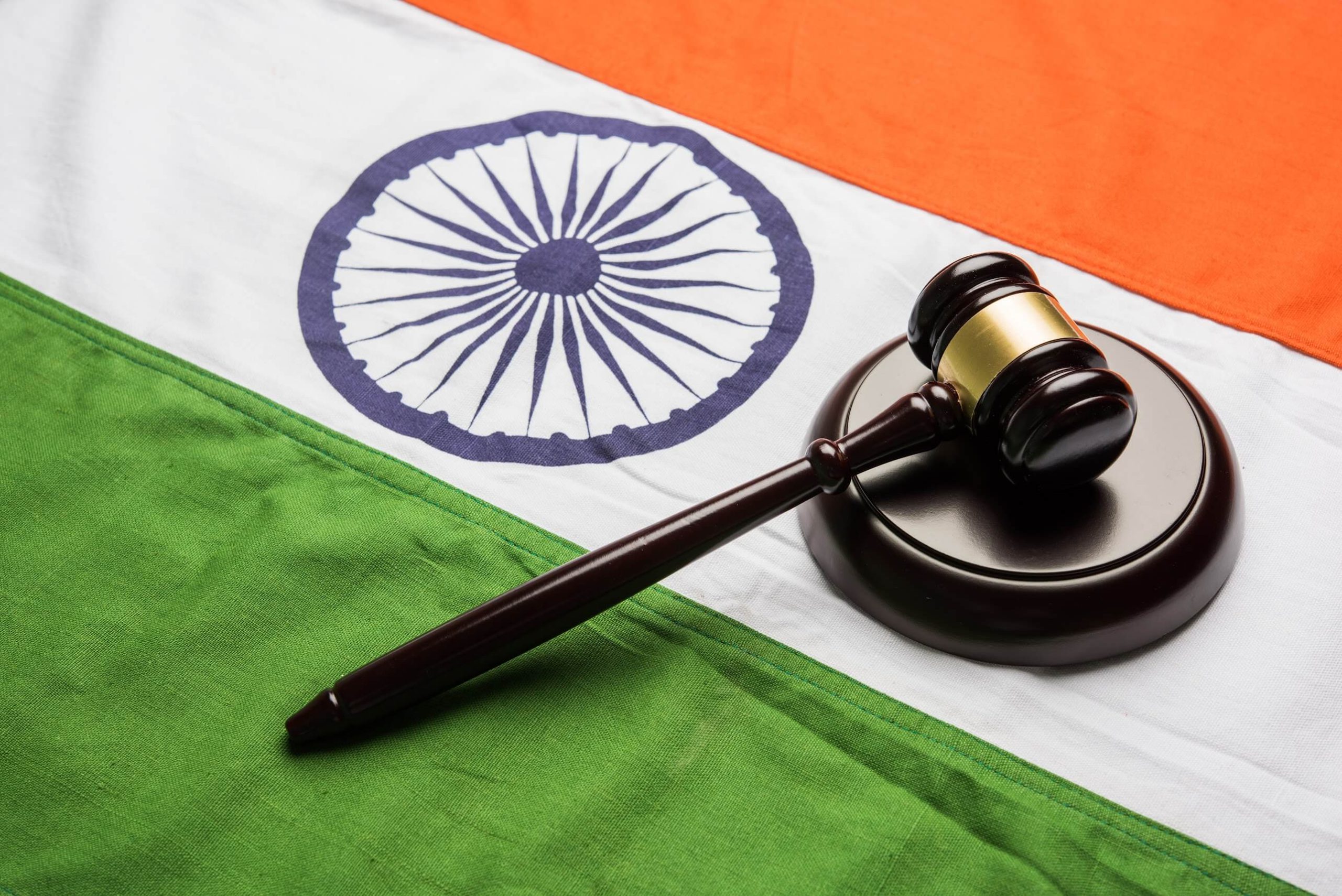Case update: Bharat Road Carrier Private Limited v. Rasna Private Limited
Decided on 01 September 2013 | NCLT Ahmedabad Following an application from an operational creditor to commence a Corporate Insolvency Resolution Process (CIRP) against a prominent player in the beverage …
Case update: Bharat Road Carrier Private Limited v. Rasna Private Limited Read more »









